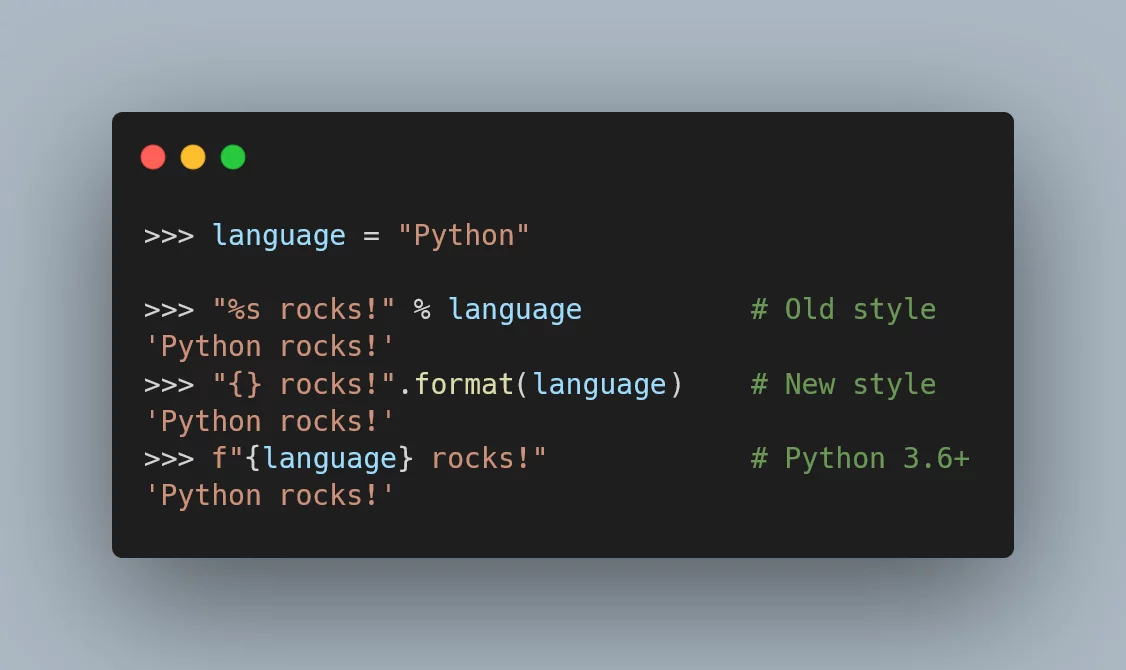
Python 3.14 to Introduce Template Strings (t-strings) for Enhanced String Processing
PEP 750 – Template Strings (t-strings) Accepted in Python
PEP 750, which introduces Template Strings (t-strings), has been officially accepted and is set to be included in Python 3.14. This new feature provides a powerful and flexible way to handle string processing, offering developers more control over interpolated values before they are combined into a final string.
Key Features of t-strings
- Template String Literals: t-strings are defined using the
tprefix, similar to f-strings. They evaluate to a new type,Template, which allows access to both the string and its interpolated values. - Interpolation Control: Unlike f-strings, t-strings enable developers to intercept and transform interpolated values, making them safer for use cases like SQL queries and HTML generation.
- Flexible Processing: Developers can write custom code to process template strings, allowing for advanced string manipulation and domain-specific use cases.
- Raw Template Strings: t-strings can be combined with the
rprefix to create raw template strings, preserving escape sequences.
Motivation
While f-strings are popular, they have limitations in scenarios where developers need to transform interpolated values before combining them into a final string. t-strings address these limitations by providing a mechanism to intercept and process interpolated values, enhancing security and flexibility in string processing.
Examples
Here’s a simple example of using t-strings for HTML generation with automatic sanitization:
evil = "<script>alert('evil')</script>"
template = t"<p>{evil}</p>"
assert html(template) == "<p><script>alert('evil')</script></p>"For more detailed examples and use cases, refer to the PEP 750 documentation.
Conclusion
t-strings are a significant addition to Python, offering developers a more robust and flexible way to handle string processing. With their ability to intercept and transform interpolated values, t-strings open up new possibilities for safer and more efficient string manipulation in Python.

